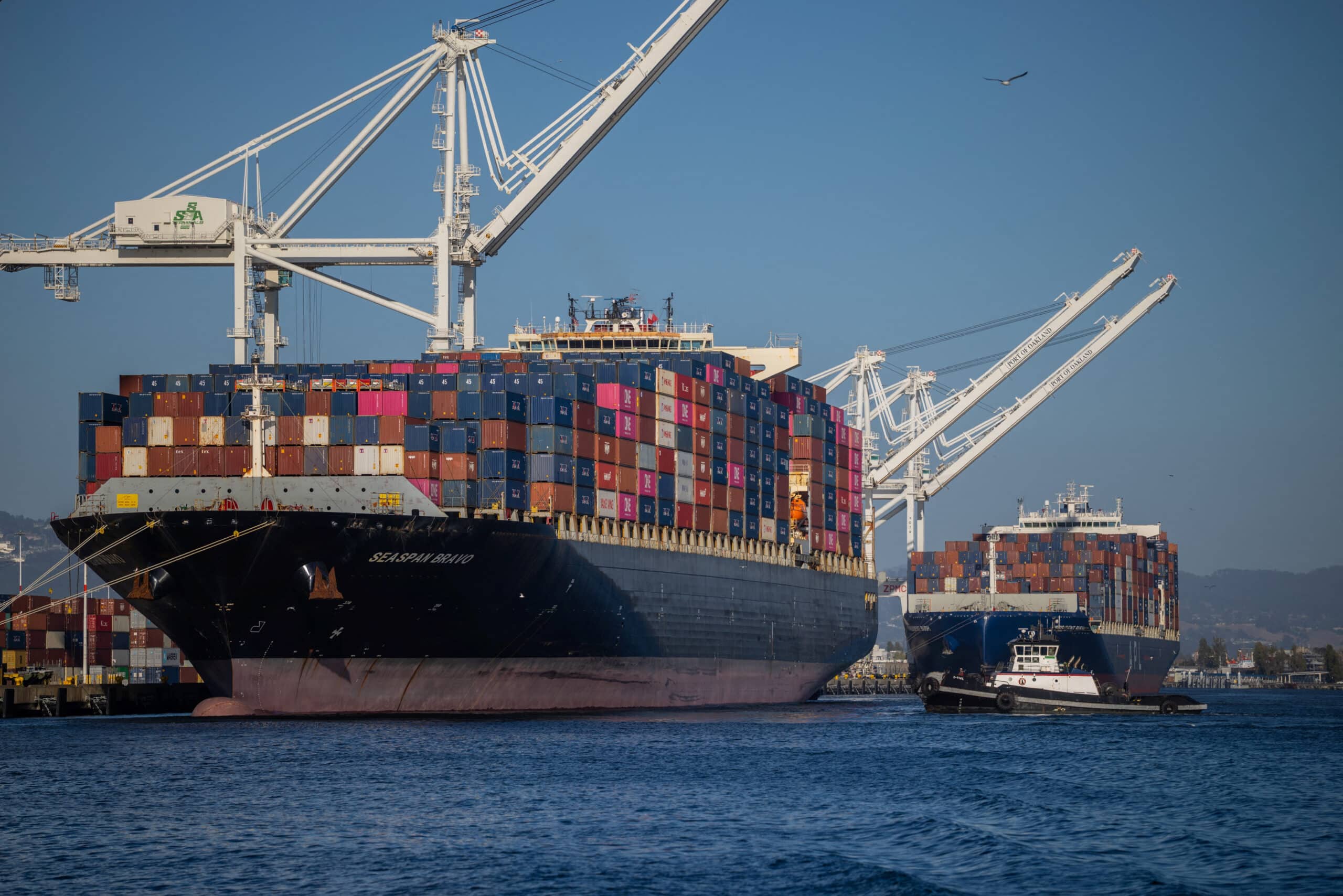US Port Fees: No Freight Rate Hikes Expected

Shippers are unlikely to face increased freight rates despite the upcoming US port fees targeting Chinese-related vessels, according to the shipping trade body Bimco. The US Trade Representative (USTR) will implement these fees starting October 14, affecting a significant portion of the bulk, crude tanker, and container fleet. However, pressures on carriers to keep costs stable may prevent any rate hikes.
Impact of New Port Fees
The USTR’s decision to impose fees on Chinese-owned, operated, or built vessels is part of a broader strategy to reduce China’s influence in the shipbuilding industry. Bimco’s analysis reveals that approximately 35% of the combined fleet could be impacted by these additional charges. Notably, 70% of the vessels that may incur fees are either owned or operated by Chinese entities, while the remaining 30% are built in China.
However, more than half of the Chinese-built ships are exempt from these fees due to their size or because they are US-owned. Niels Rasmussen, Bimco’s chief shipping analyst, provided a breakdown of the vessels affected: 45% of bulk carriers, 30% of crude tankers and container ships, and 19% of product tankers. This suggests that the majority of ships in the latter two categories are less likely to be impacted, as fewer are Chinese-owned or operated.
Negotiations between Indian Ports Association and labor unions start
In a review of planned sailings by the top 10 operators in east-west container trades, Bimco found that less than 20% of the vessels scheduled to call at US ports would be subject to the new fees. Most of these ships are linked to Chinese carriers such as Cosco Shipping Lines and Orient Overseas Container Line, or are owned by Chinese leasing banks.
Market Reactions and Future Expectations
Despite the looming fees, several shipping operators have committed to maintaining competitive rates. Cosco Shipping Lines and its subsidiary, Orient Overseas Container Line, have pledged not to increase rates in response to the USTR fees. Non-Chinese operators, including Maersk, have also stated they will not impose surcharges or alter their services. Rasmussen noted that this collective commitment is likely to prevent freight rate increases in the container market.
In the bulk and tanker sectors, it is anticipated that many ships subject to the USTR fees may withdraw from US trades due to competitiveness concerns. While this could help avoid significant rate increases in these sectors, there may be short-term confusion regarding the implementation of the fees that could lead to temporary rate hikes.
The US Customs has clarified that the responsibility for determining whether a vessel is subject to the port fee lies with the ship operators. The new fees will start at $50 per net tonne for Chinese-owned or operated ships. For vessels built in China, the fees will be tiered at $18 per net tonne or $120 for each container discharged, whichever is higher. An earlier analysis by HSBC indicated that Cosco Shipping and Orient Overseas could face over $2.1 billion in US port fees.
